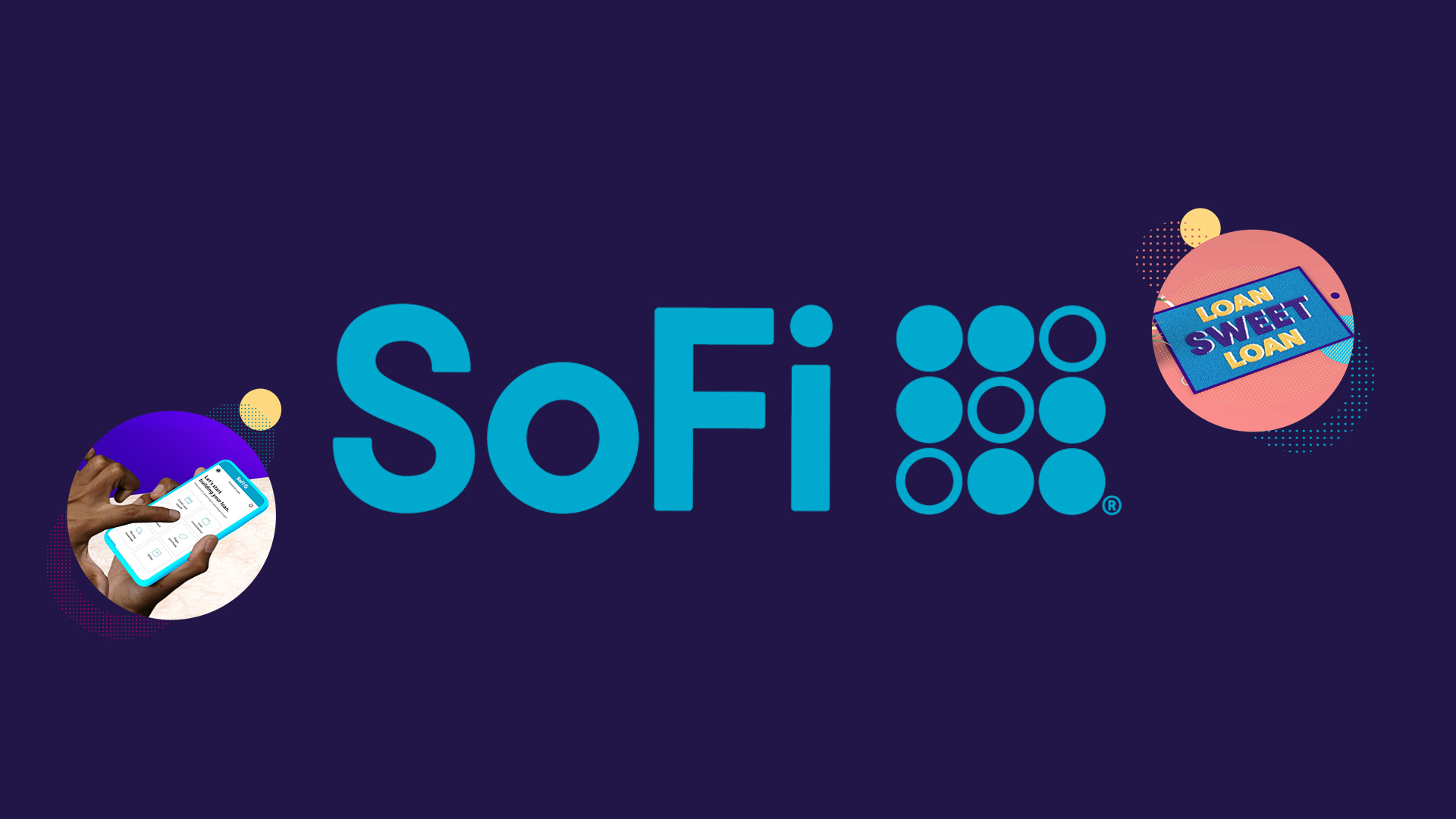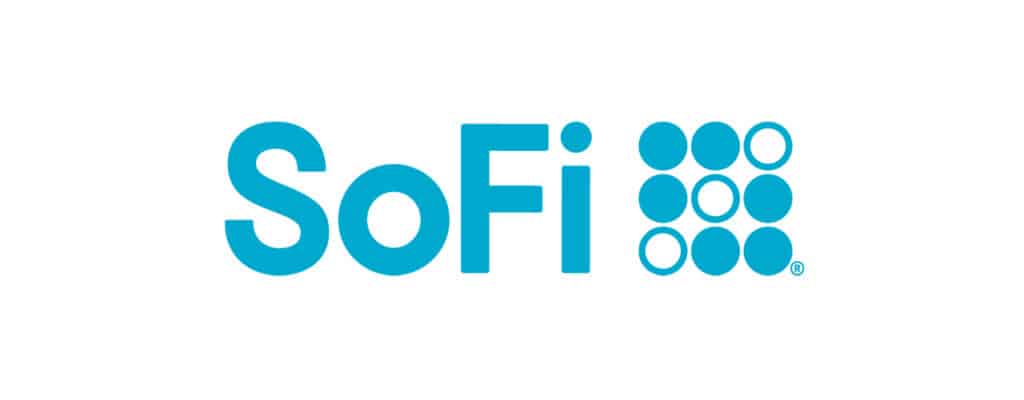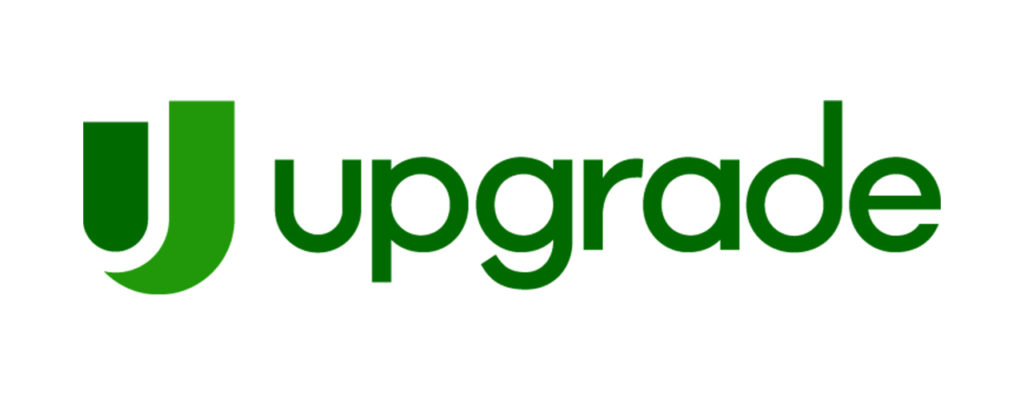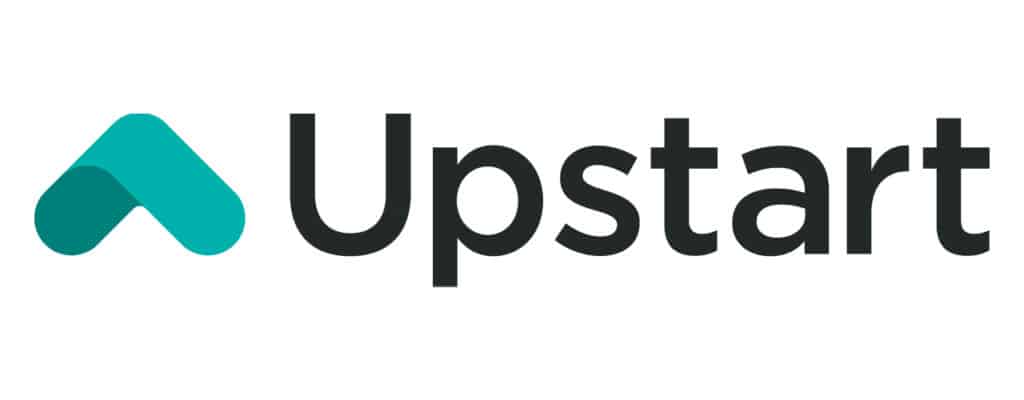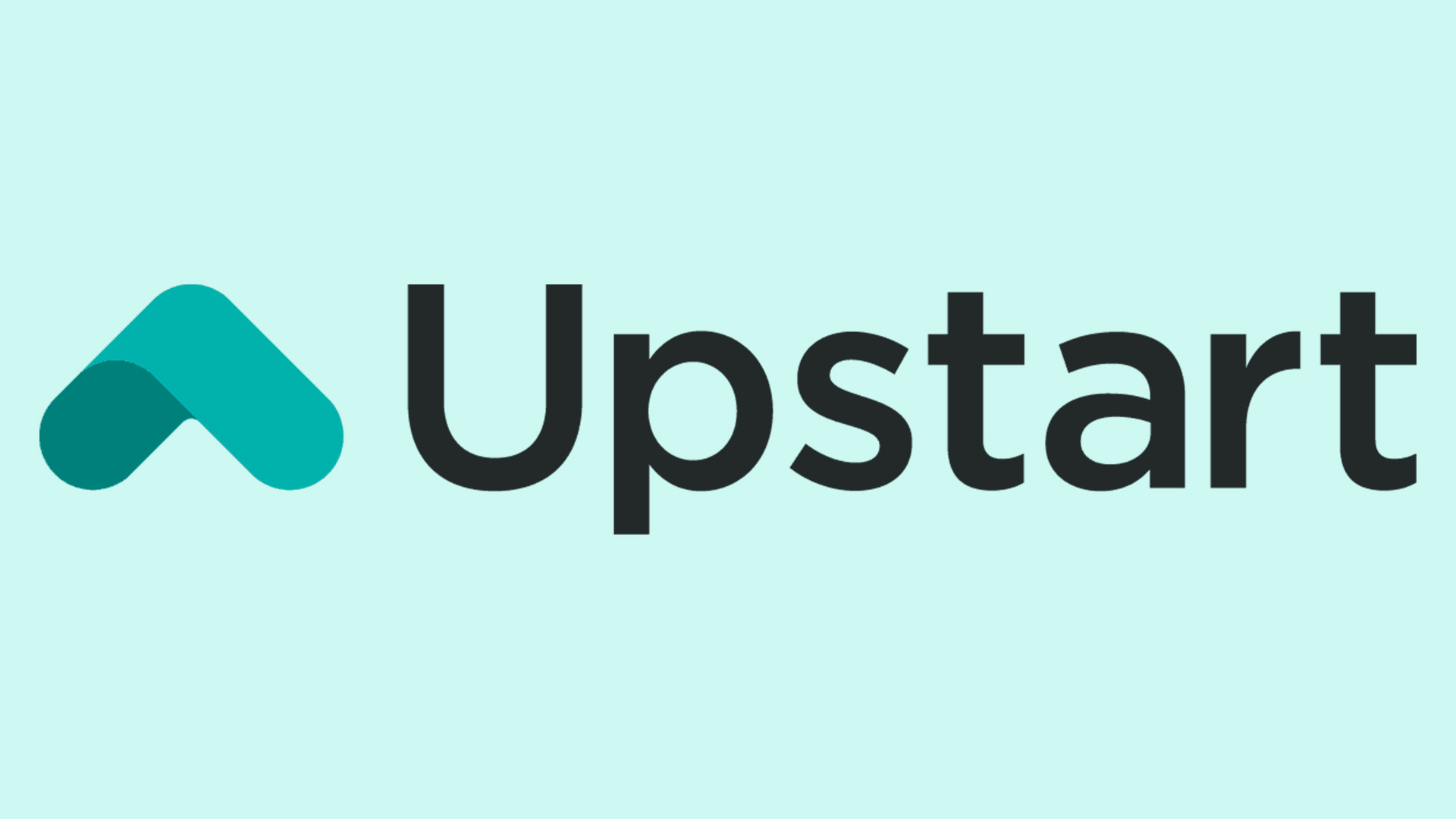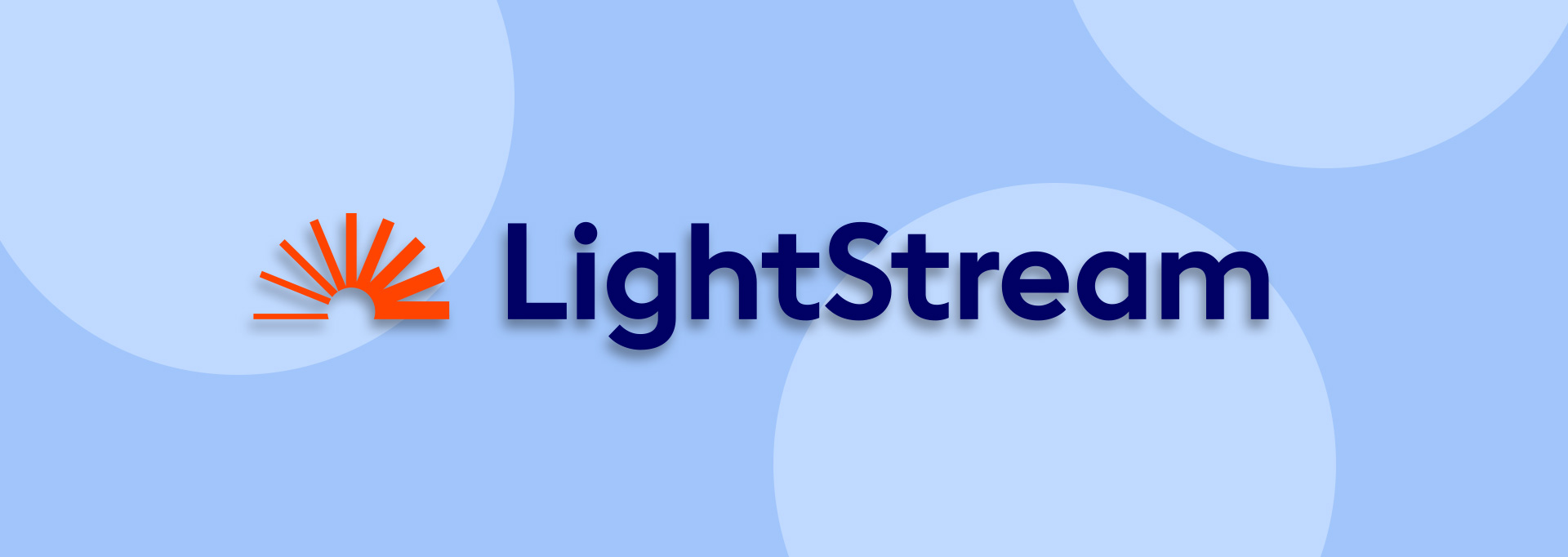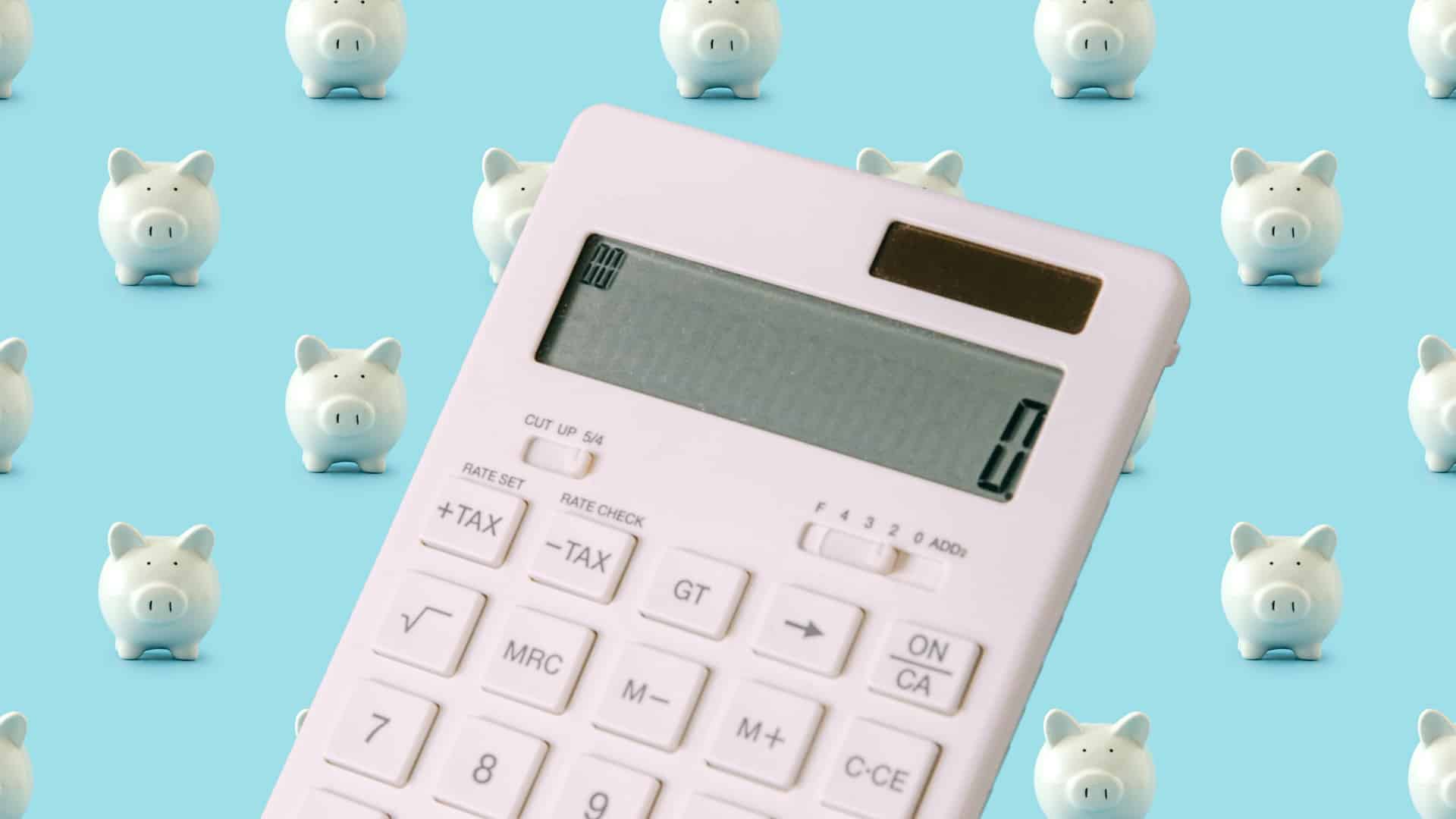Most products on this page are from partners who may compensate us. This may influence which products we write about and where and how they appear on the page. However, opinions expressed here are the author's alone, not those of any bank, credit card issuer, airline or hotel chain.
SoFi Personal Loans
- Loan Amounts$5,000 – $100,000
- Loan Terms24 – 84 months
- APR Range8.99% – 29.49%
- Minimum
Credit Score680 or aboveA credit score is used to indicate the creditworthiness of an applicant, but it is only one of several factors considered for approval. These credit scores alone are not guarantees for approval and should only be used as guidelines.
SoFi's personal loan offering comes with no fees required and a high loan maximum that may be a good fit for those seeking large loans.
A Popular Loan Option for Fast Funding and No Fees
SoFi offers personal loans up to $100,000, fast funding, competitive rates, no fees, and loan terms of up to seven years. It’s a good choice for those who need a large loan or a long repayment term, but you’ll likely need good credit to get approved for a SoFi personal loan. Another lender may be better if your credit is fair or you’d like to borrow a small sum.
Pros
- No origination fees, no prepayment penalties and no late fees
- Loans up to $100,000
- Unemployment protection available
- Autopay rate discounts
- Co-borrower allowed
- Same-day funding available
Cons
- No physical branches
- High minimum loan amount
- Good credit likely required
Who Is a SoFi Personal Loan Best For?
SoFi personal loans are best for borrowers with good-to-excellent credit scores, and those looking to borrow a large amount. This lender’s competitive rates make its personal loans a compelling offering for a range of prospective borrowers, but its loans may not be accessible if you have fair or poor credit.
That said, SoFi allows you to apply with a co-borrower and will also consider their credit in lending decisions. Having a co-borrower with stronger credit may increase your chances of qualifying for a personal loan with a favorable rate.
SoFi Loan Uses
Like personal loans from other lenders, SoFi’s personal loans can be used to cover several costs, including the following:
- Home improvements
- Debt consolidation (SoFi can pay your creditors directly)
- Weddings
- Family planning (adoption, IVF, surrogacy, pregnancy costs, etc.)
- Vacations
There are a few restrictions to be aware of, though. Borrowers can’t use loan funds to purchase real estate, pay for college, invest, start a business, or pay for business expenses. However, most lenders won’t allow you to use a personal loan for these costs. So if you need financing for these purposes, you’ll probably need to consider alternatives. For instance, you can look into taking out student loans, a mortgage or a small business loan if needed.
SoFi Loan Details
|
Loan Amounts |
$5,000 – $100,000 |
|
Loan Terms |
24 – 84 months |
|
APR Range |
8.99% – 29.49% |
|
Credit Score |
680 or above |
|
Funding Time |
As soon as the same day of approval |
|
Prequalification? |
Yes |
|
Co-Signer Allowed? |
No |
|
Joint Applicant Allowed? |
Yes |
|
Income Requirements? |
Not disclosed |
|
Origination Fees |
0% - 6% (deducted from total loan funds) |
|
Late Fees |
None |
|
Prepayment Fees |
None |
|
Loan Usage |
Personal and household expenses |
|
Discounts |
0.25% autopay discount |
Highlights and Perks
- Large loans offered: SoFi lets qualifying borrowers take out loans of up to $100,000. Many competitors cap maximum loan amounts at $35,000 or $50,000.
- Co-applicants allowed: You can apply for a SoFi personal loan as an individual or with a co-borrower. Not all lenders offer the option to apply with a co-borrower, and it can be useful to have that support if your credit isn’t great.
- Prequalification available: SoFi lets you check what rate you might qualify for without impacting your credit score. Prequalifying can help you easily compare rates as you shop around for loans.
- Fast funding time: Your loan funds may be available as quickly as the same day you’re approved, which is a faster funding timeline than many competitors offer.
Drawbacks and What to Look Out For
- Origination fees may apply: It’s unclear if your loan will be subject to an origination fee. While SoFi mentions it doesn’t charge origination fees, it also indicates its personal loans may come with origination fees between 0% and 6%.
- Minimal discounts: SoFi offers a 0.25% discount for setting up automatic loan payments, but it doesn’t provide any rate discounts besides that.
- Good credit required: If your credit isn't stellar, you likely won't get approved for a SoFi personal loan. But you do have the option to apply with a co-borrower to improve your chances.
How to Qualify
Here are some of the basic requirements you'll need when applying for a SoFi personal loan:
- Good or excellent credit
- Be at least 18 years old (or the age of majority in your state)
- Currently employed with steady income, or have a pending employment offer for a job starting within three months. SoFi doesn’t specify an income level or debt-to-income ratio requirements.
If you’re concerned about your ability to qualify for a SoFi personal loan on your own, you may want to apply with a trusted co-borrower. Just be aware that your co-borrower will be equally responsible for repaying the loan, so you’ll want to be on the same page about monthly payments before you apply.
Application Process
If you're interested in applying for a personal loan with SoFi, here is a general overview of the application process.
- Prequalify: Check what rate you might get on a SoFi personal loan by submitting some basic info, including your full name, state of residence, and email on its website.
- Apply: If you decide SoFi is your best option for a personal loan, you’ll move forward with a full online application. As part of the application process, you’ll need to provide additional information about your employment, income, debt, and assets, and verify your identification. SoFi may request copies of your driver's license or another government-issued ID, W-2s, tax returns, bank statements, and more. (Note: You’ll likely need to provide these documents no matter what lender you choose.)
- Hard credit pull: SoFi will do a hard credit check and review your credit reports once you apply. This will likely cause your credit score to dip slightly, usually by just a few points.
- Approval: SoFi’s underwriting team will review your loan application and determine whether you’re approved. If approved, you’ll get an email requesting you sign final loan documents.
- Funding: Your loan funds may be sent as soon as the same day you’re approved, though it could take up to a few days to receive funds.
- Repayment: Once you receive your loan proceeds, set up automatic payments. Doing so will give you a 0.25% rate discount.
Example of Loan Payments
Let’s say you qualify for a $10,000 SoFi personal loan with a 12.5% APR and a 60-month repayment term. Your monthly payments would be around $225, and you’d pay close to $3,500 in interest over your loan term.
If you got approved for the same loan amount and term but qualified for a 10.5% APR, your monthly payments would be around $215 and you’d pay nearly $2,900 in interest over the life of your loan.
Reputation
SoFi has an A+ rating with the Better Business Bureau (BBB) and an overall rating of ‘Excellent’ (4.6 out of 5 stars) across nearly 4,900 Trustpilot reviews. But customer feedback is mixed, and the lender receives just a 1.24 out of 5-star rating from consumers on the BBB.
Several reviewers praise SoFi’s transparency and fast loan application and approval processes. But some dissatisfied customers express concerns about this lender’s customer service and identity verification processes for its loans. While reviews from past customers can offer some insight, your experience with a lender may be completely different.
How SoFi Compares
If SoFi’s personal loans don’t seem like the right choice, a personal loan from Upgrade or Upstart may be a better option. These online lending platforms have similar offerings, though there are some key differences between them.
Comparing rates, terms, loan amounts, and borrower requirements from multiple lenders can help you find the best loan for your situation. Here’s how SoFi, Upgrade, and Upstart compare.
| SoFi | Upgrade | Upstart | |
|---|---|---|---|
|
Best for |
Large loans |
Fair credit |
Limited or poor credit |
|
Loan amounts |
$5,000 – $100,000 | $1,000 – $50,000 | $1,000 – $50,000 |
|
APR |
8.99% – 29.49% | 8.49% - 35.99% | 7.8% - 35.99% |
|
Loan terms |
24 – 84 months | 24 – 84 months | 36 or 60 months |
|
Min. credit score |
680 or above | 560 or above | 300 or above |
SoFi vs. Upgrade
Upgrade offers smaller loans than SoFi, with minimum loan amounts starting at just $1,000. And unlike SoFi, which may require good credit to qualify for a personal loan, Upgrade is willing to work with fair-credit borrowers as well.
Overall, SoFi offers lower rates than Upgrade, but both lending platforms have repayment terms of 2 - 7 years. Both also allow borrowers to prequalify for loans without impacting their credit, which is a helpful perk. However, Upgrade’s origination fees are relatively high compared to competitors’ origination fees.
Upgrade Personal Loan Review
SoFi vs. Upstart
For borrowers with limited or poor credit, Upstart may be a better choice than SoFi. This lending platform has a minimum credit score requirement of just 300, and it will consider other factors besides your credit during the loan approval process.
Upstart offers personal loans from $1,000 – $50,000, so it’s also a better option than SoFi if you don’t need to borrow a lot. Its APR range is higher than SoFi’s, though, and it only offers repayment terms of 36 or 60 months. Borrowers with good or excellent credit seeking more flexible loan terms may prefer SoFi over Upstart.
FAQs
-
A personal loan from SoFi could hurt or help your credit, depending on a few factors. After you apply, you’ll be subject to a hard credit check, which can ding your credit score slightly—generally only by a few points. But if you repay your loan responsibly, that positive payment history could boost your score over time.
Keep in mind that missed and late payments can damage your credit, so be sure to borrow only what you can afford to repay.
-
SoFi is a legitimate online lender that’s been in business since 2011. It started offering personal loans in 2015, and has funded over $73 billion in loans since then.
-
It may be challenging—or even impossible—to qualify for a SoFi personal loan if you have poor or limited credit. If it’s an option, consider applying with a co-borrower who has stronger credit. SoFi will review your co-borrower’s creditworthiness in addition to yours during the underwriting process, which could make it easier to qualify for a loan with better rates.
Alternatively, you may want to consider other lenders with more flexible credit score requirements. Certain lenders and lending platforms offer loan options for borrowers with fair or poor credit. Just be sure to compare loan terms and rates to ensure you’re getting a fair offer, and steer clear of predatory payday lenders.
-
SoFi offers personal loans from $5,000 – $100,000. The amount you can qualify for may vary depending on your credit and other factors, though.
While SoFi is a good choice for large loans, borrowers who need a small loan may want to look elsewhere. For instance, Upgrade and Upstart offer personal loans as small as $1,000. Some credit unions offer even smaller loans, sometimes as low as $250 or $500.




